+33 (0) 3 20 16 91 40
Metals in waters

Water analysis service providers and industrialists measure out various metals on samples prepared by AGLAE. These analyses correspond to the monitoring of water intended for human consumption, surface water, sea water and the monitoring of discharges from wastewater treatment plants.
AGLAE provides 8 programmes in this category of interlaboratory tests on Metals in waters.
AGLAE estimates the analytical performance of participants, enabling them to improve the quality of their quantification of metals in water.
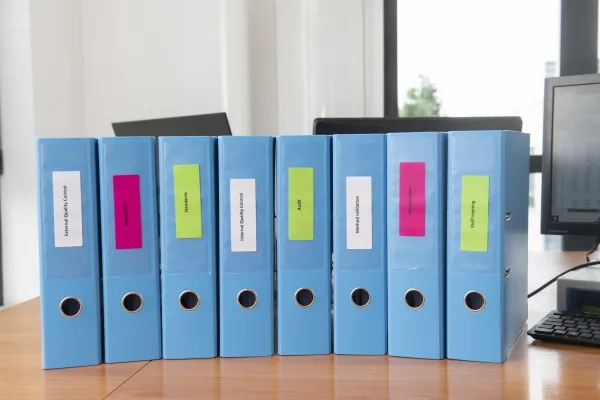
Why take part in "metals in waters" proficiency tests?
They are carried out as part of self-monitoring or regulatory controls. They enable part of the requirements to be covered:
- accreditation scopes related to physico-chemical analyses in waters (see Accreditation No. 1-1664)
- approvals issued by Ministries of Health to carry out sampling and analysis for water quality control purposes
- approvals issued by Ministries for the Environment to carry out analyses in the field of water and aquatic environments
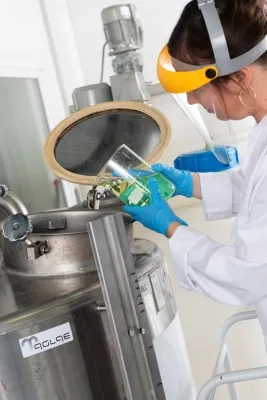
What types of waters does AGLAE provide in these proficiency tests?
- fresh water, public supply water, spring water, natural mineral water
- waste water entering or leaving urban treatment plants
- saline and brackish water
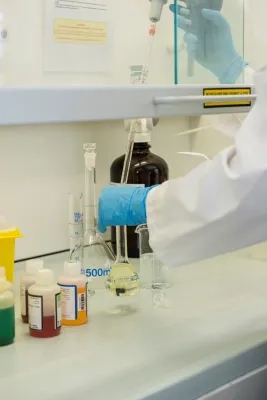
What analyses do the laboratories carry out?
Depending on the type of water, laboratories measure various metals, including heavy metals such as mercury, lead, cadmium, chromium, copper, arsenic and nickel, which are usually present in the environment in trace form.
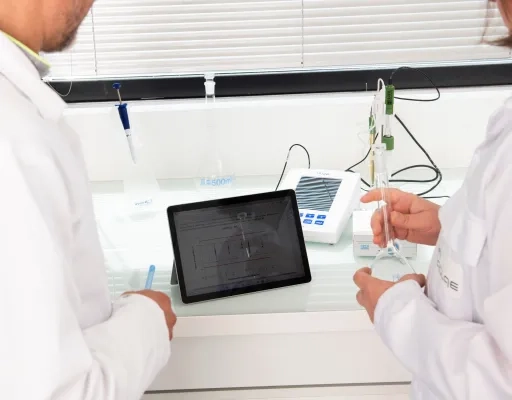
Added value of AGLAE "Metals in waters" proficiency tests
Depending on the methods used for metal analysis, differences in results are observed. AGLAE studies them and presents them in the test reports. These observations help laboratories to better interpret their analysis results.
AGLAE has published several studies on metals based on test observations:
- Differences between methods for metals in clean water
- Comparison of ICP/MS and other techniques for iron, titanium and mercury
- Comparison of mineralisation methods for iron and tin in wastewater
AGLAE proficiency tests are used not only to assess laboratory performance, but also to check their estimated measurement uncertainties and estimate the repeatability and reproducibility of their measurements.
AGLAE provides customised reports to laboratories, enabling them to focus on possible improvements to their analyses.
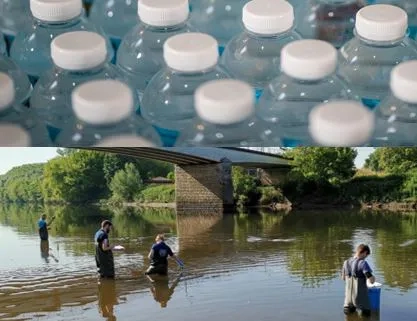
Other proficiency tests that may be of interest to you
AGLAE also offers to improve the quality of your measurements:
See all AGLAE's tests
